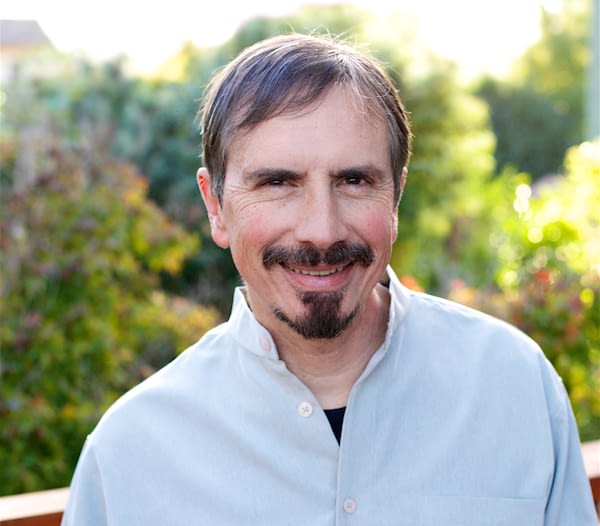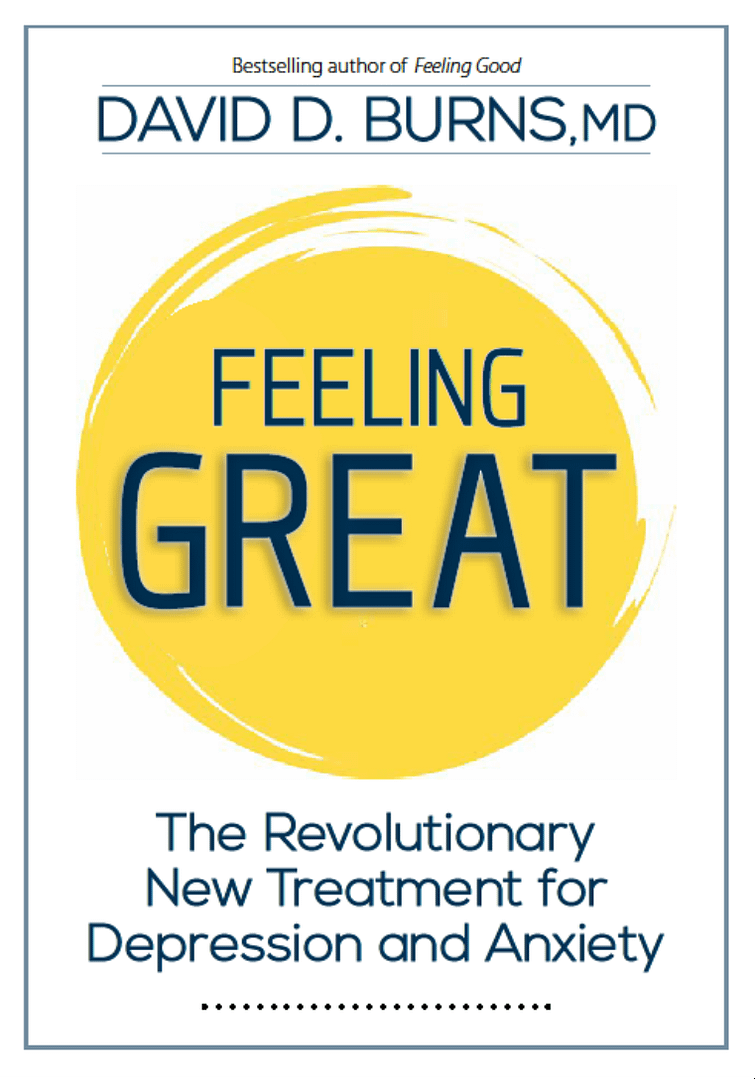Shoulds and More with
our Beloved Fabrice!
Three little words that will make your life miserable are “shoulds,” “wants,” and “needs,” says Dr. Fabrice Nye, the father / creator of the Feeling Good Podcast several years ago.
But for the purpose of this episode, we’ll add a fourth word, “Musts,” which was popularized by Dr. Albert Ellis, who referred to it as “Musterbation.”
Fabrice says that,
“Shoulds are a trap. . . . There’s no such thing as a should, except for the laws of nature. For example, if I drop my pen, it “should” fall to the floor because of the effects of gravity. And sure enough, it does!
“But when I say, ‘I should get an A on my upcoming exam,’ i may just be setting myself up for frustration. That’s because there’s no laws of the universe saying that people will always get As on their exams.
“Similarly, if I say it SHOULDN’T be raining today, I’m involved in fiction, not reality. The clouds don’t obey our whims, they are just obeying the laws that govern the weather.”
Fabrice explained that when you apply shoulds to some past event, telling yourself that your shouldn’t have made some mistake, you just make yourself guilty because it sounds like you’re scolding yourself. Again, you’re living in some fictitious reality where things are always the way you want them to be, because it’s impossible to change the past
Fabrice reminded us that the Anglo-Saxon origin of the word, “should,” is “scolde.” So when you “should” on yourself, you’re actually scolding yourself.
Fabrice also explained that the concept of “needs” can also get us into emotional hot water, since we sometimes tell us that we “need” things that we may want but don’t really “need.” So, if you tell yourself that someone “needs” to do something for you, you are simply applying pressure to the situation. For example, you might want or prefer for the person to be on time for appointments or planned activities, but you don’t “need” them to be on time.
Similarly, you might want to find someone to love, or someone to love you, but you don’t “need” love, according to Fabrice. . . . and David agrees! It has been shown in research studies that infants and young children need love to grow and develop in a healthy way, but love is not an adult human need.
According to the Buddhists, “needs” are not real. They’re just cravings, or intense desires that we’ve elevated to some godly state.
Of course, there ARE things that we really do “need.” For example, we “need” to breathe to stay alive, and we “need” to have gas in the car if we want to drive to San Francisco. Those things are needed to fulfill a particular goal. So the key to an actual need is adding the phrase, “…in order to…”
Fabrice also described some “want” traps. For example, you may sit at your computer cruising the internet or playing digital games, all the while telling yourself “I really want to get to work on my paper,” or taxes, or whatever. But in point of fact, you DON’T want to get to work on the thing you’re putting off. You WANT to be doing exactly what you are doing.
Fabrice explains that we “trick ourselves into thinking we want something (like doing our taxes) when we really want to be doing something else (watching TV, playing computer games.) So, once again, we are telling ourselves stories that don’t map onto reality.”
Our real “wants” are the result of an unconscious cost-benefit analysis we make in our head, where the choice that comes out on top is our real want. It’s only when I really start doing my taxes that I’ll know this is what I want to be doing (probably because the urgency of the matter made the cost-benefit analysis tip in that direction).
David was trying to see if this concept of “wants” can be helpful in therapy but had trouble seeing how this might help someone who’s procrastinating. Fabrice explained it like this: First, we need to realize that we are doing what we want in the moment; so, it’s a choice. Next, we can make our cost-benefit analysis conscious and see that we’re only considering short-term factors (e.g., it’s a lot more comfortable right now to be watching TV than doing taxes). Finally, we can develop some empathy for our future self (the one who will be pulling an all-nighter three weeks from now, or who will have to pay late fees) to reevaluate our cost-benefit analysis with more complete data.
Fabrice also explained that procrastination can sometimes be difficult to treat because it’s an addiction.
Rhonda also commented on the use of these concepts in therapy.
Fabrice concluded the podcast by saying that he watches out for those three little words in his own thinking: “should, need, or want.”
Thanks for listening today.
Fabrice, Rhonda, and David
Fabrice can be contacted at: fabrice@life.net
Dr. Rhonda Barovsky is a Level 5 Certified TEAM-CBT therapist and trainer and specializes in the treatment of trauma, anxiety, depression, and relationship problems. You can reach her at rhonda@feelinggreattherapycenter.com.
You can reach Dr. Burns at david@feelinggood.com
This is the cover of my new book, Feeling Great.
It’s on sale right now on Amazon, and it’s ridiculously cheap!
The kindle and audio versions are available now too! Check it out!

https://feelinggood.com/wp-content/uploads/2023/08/Mina-is-back-BMS-v3_electronic.pdf



